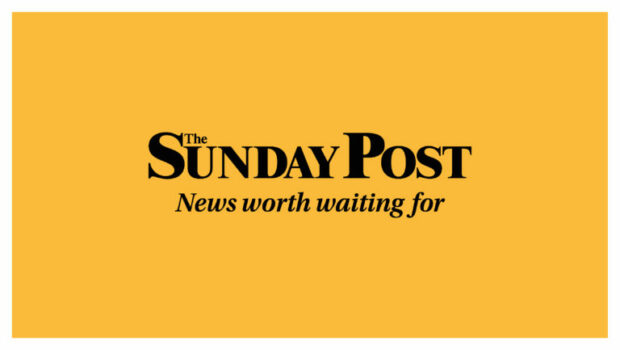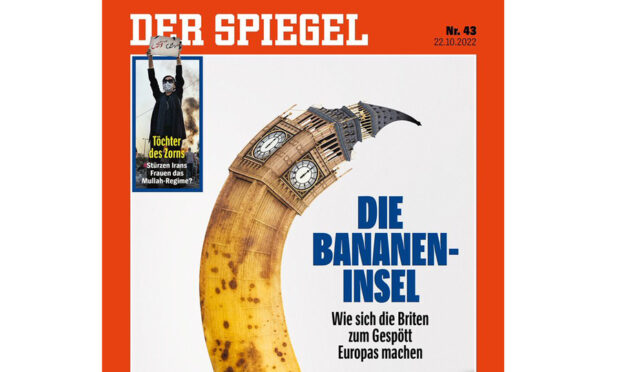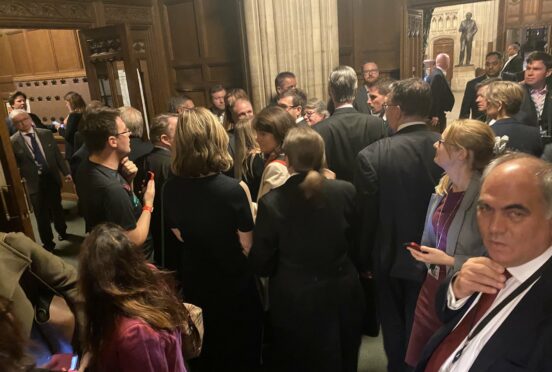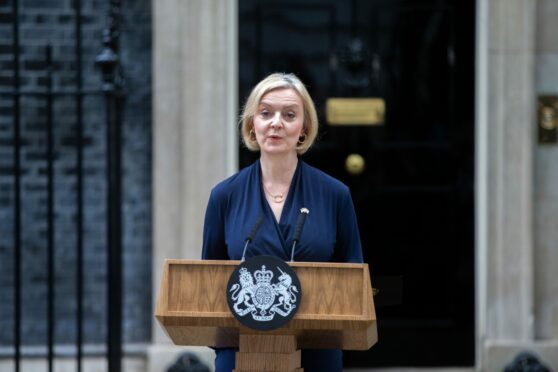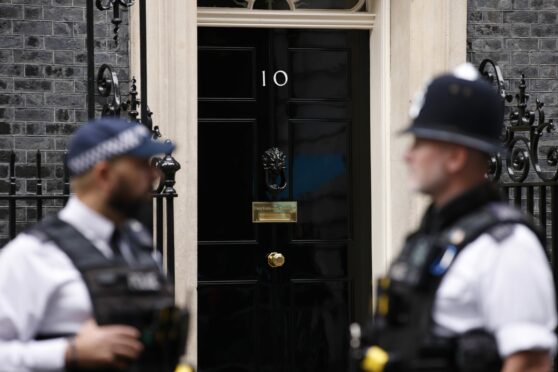
If history repeats itself, the Tories will lose the next general election whoever the party appoints prime minister, according to Sir John Curtice.
Britain’s leading polling expert, professor of politics at the University of Strathclyde, said no UK government since the Second World War has managed to win at the polls after presiding over such a fiscal crisis. The scale of this month’s economic crash – and the enduring damage to the UK economy – was underlined when a leading credit rating agency downgraded the UK’s economic outlook on Friday from “stable” to “negative”.
Yesterday, Curtice said the Conservatives had little chance of clawing back enough ground on a resurgent Labour Party to win when an election is finally called, adding: “I think the average now is a 33-point Labour lead. And that, I think, is pretty much a record in British polling history. I think it is an even bigger hole than it was in the darkest days of John Major.
“History does not make for happy reading. No government that has presided over a fiscal crisis in the post-war period has managed to win at the ballot box at the subsequent election. And that, of course, included John Major’s Government in 1992, even though four-and-a-half years elapsed between Black Wednesday when the Conservatives had got into trouble with the markets, and the eventual general election.
“In the end, in the intervening period, the economy moved on rather well; it was one of the best periods in post-war British economic history. But that’s not a prospect that looks very likely during the course of the next two years.”
Despite that economic upturn it wasn’t enough to save Major, who lost to Tony Blair with Labour gaining a 179-seat majority.
Curtice, talking to GB News, said: “One thing that we can say, and this is why this contest is interesting, is that no previous fiscal crisis has brought about the downfall of the prime minister in the way that it has done of Liz Truss. So the question really is, and it’s the question that should now be posed to the candidates in this leadership race, what would they do to reverse the damage and the economic reputation of the Conservative Party?”
Polling yesterday suggested Rishi Sunak as Conservatives leader would come closest to winning a general election but would still lose.
A YouGov poll which pitted Sunak, Boris Johnson and Penny Mordaunt against Sir Keir Starmer found the Labour leader was preferred by 48% to Johnson’s 35% while Sunak ran Starmer closer, with 43% choosing Starmer and 34% Sunak. Only 28% opted for Mordaunt when she was pitted against Starmer, with 43% choosing the Labour leader.
Meanwhile a pro-democracy campaign group has warned the selection of another prime minister by Tory party members is only inflicting further damage on trust in politics and backed escalating calls for Tory MPs to agree to a general election.
The Electoral Reform Society wants to overhaul the first-past-the-post system of electing MPs and introduce proportional representation.
Alan Page, emeritus professor of public law at Dundee University, said that while many people might find the appointment of a second Tory prime minister without a general election morally wrong, there was nothing constitutionally to prevent it happening. The Tories do not have to call an election until January 2025.
Whoever the Conservatives pick to replace Liz Truss as party leader will become the third prime minister since the party won the 2019 general election and the second who has not first faced voters. Professor Page said: “The plain fact is you have a party with a majority in the House of Commons that has absolutely no interest in holding a general election given the likelihood on current polling that it is facing electoral oblivion were there to be an election any time soon.
“I understand those who say it is unacceptable that this charade should be allowed to continue and that what is needed is a fresh start. But the obstacle to a general election is a Conservative Party which still has a majority in the House of Commons, who may not be able to agree on who their leader should be but are agreed on one thing – they are likely to lose their seats if there is a general election. That’s the sad reality of it.”
Yesterday SNP Westminster leader Ian Blackford wrote to Starmer urging him to push for a no-confidence vote, which, if enough Tories abstained, could trigger a poll.
Blackford said: “Having done so much damage, they simply cannot be allowed to impose a third Tory prime minister without an election. It would be unthinkable and undemocratic. Voters must get a say.”

Enjoy the convenience of having The Sunday Post delivered as a digital ePaper straight to your smartphone, tablet or computer.
Subscribe for only £5.49 a month and enjoy all the benefits of the printed paper as a digital replica.
Subscribe